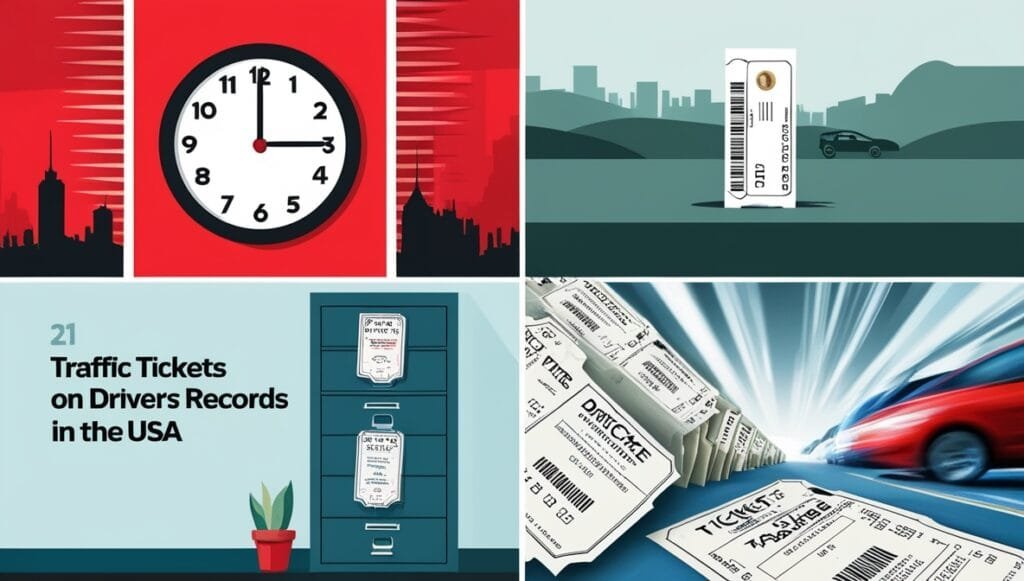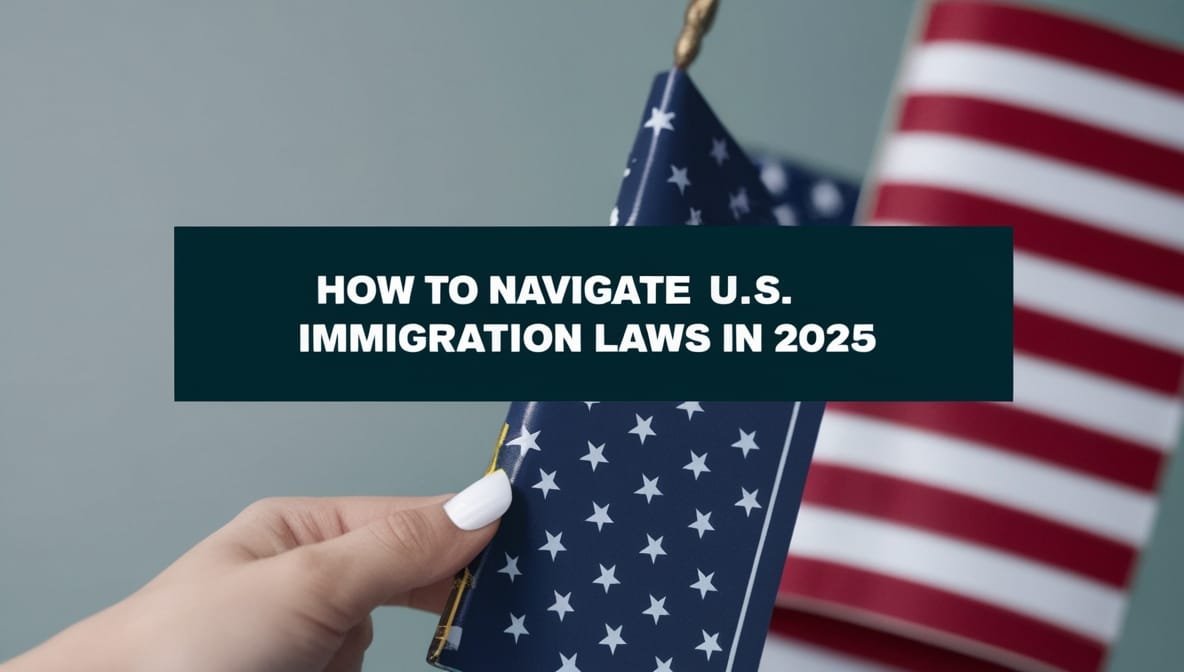How Long Do Traffic Tickets Stay on Your Record : Getting a traffic ticket can be frustrating, but knowing how long it stays on your driving record is vital. These violations can affect your insurance rates, driving privileges, and even career opportunities. Let’s explore how long traffic tickets typically remain on your record, the factors that influence this duration, and how you can minimize their impact.
How Long Do Traffic Tickets Stay on Your Record?

The duration a traffic violation stays on your driving record varies based on the type of offense and state-specific regulations. Here’s a general breakdown:
- Minor Infractions:
- Violations like speeding or running a stop sign typically stay on your record for 3 to 5 years.
- Serious Offenses:
- DUI (Driving Under the Influence) or reckless driving may remain for 10 to 15 years, depending on state laws.
- Felonies:
- Severe offenses like vehicular manslaughter or hit-and-run can stay on your record indefinitely unless expunged.
State-Specific Examples
Traffic laws vary by state. Here’s how some states handle traffic violations:
- California:
- Minor offenses: 3 years.
- DUI: 10 years.
- New York:
- Most violations: 3 years.
- DUI: Up to 15 years.
- Texas:
- Minor violations: 3 years.
- Serious offenses: Longer retention.
Factors That Affect How Long a Ticket Stays on Your Record
Several factors influence the duration of a traffic violation on your record:
- Type of Violation:
- Severe violations have longer retention periods than minor infractions.
- State Regulations:
- Laws differ by state, affecting how violations are recorded and retained.
- Court Outcomes:
- Successfully contesting a ticket may prevent it from appearing on your record.
- Unpaid Fines:
- Outstanding fines can extend the impact of a violation on your record.
Consequences of Traffic Violations

Having a traffic violation on your record can lead to several repercussions:
- Higher Insurance Rates:
- Insurance companies often increase premiums for drivers with violations.
- License Points:
- States with point systems may suspend your license if you accumulate too many points.
- Job Implications:
- A clean driving record is crucial for jobs that involve driving. Violations can hurt employment prospects.
Steps to Minimize the Impact of Traffic Violations
If you receive a ticket, here are ways to reduce its impact:
- Respond Promptly:
- Avoid additional penalties by addressing tickets before deadlines.
- Traffic School:
- Many states allow drivers to attend traffic school to reduce or remove points.
- Consult an Attorney:
- An attorney specializing in traffic law can help you contest tickets or negotiate penalties.
Conclusion
Traffic tickets can have short-term and long-term consequences depending on their severity and your state’s laws. Minor infractions might only stay on your record for a few years, while serious offenses could have lasting effects. Being proactive—whether by paying fines, attending traffic school, or seeking legal advice—can help mitigate the impact. Ultimately, safe driving is the best way to maintain a clean record and avoid costly violations.






